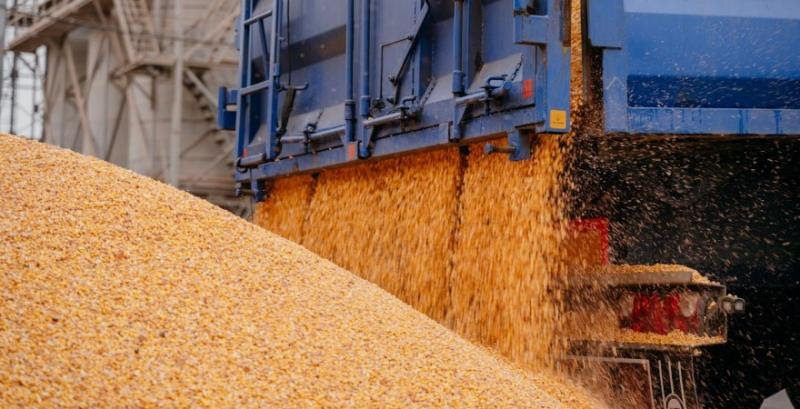Ukrainian grain exports drop while Commissioner backs import ban

Grain exports via rail have slowed down significantly in Ukraine during August. Ukrainian Railways reported that exported grain volumes dropped by 45.3 per cent in the last summer month compared to the previous year. At the same time, the EU Commissioner for Agriculture Janusz Wojciechowski has proposed extending the grain import ban in countries neighbouring Ukraine until the end of the year while providing subsidies for Ukrainian exporters.
The last couple of weeks have signalled a potential easing of the situation concerning the export of Ukrainian agricultural products. Of course, the problem is not nearly resolved, especially regarding capacity limitations resulting from the collapse of the Grain Deal and the loss of the Black Sea ports export corridor.
Nevertheless, there have been some reasons for optimism, especially with regard to the recent Polish-Ukrainian agreement to boost imports and exports via rail. Simultaneously, though, Poland insists it will extend the Ukrainian grain import ban after 15 September, while Slovakia and Romania could follow the same path.
This initiative is now also backed by the EU Commissioner for Agriculture, who is in favour of implementing a subsidy regime to keep Ukrainian exporters afloat and help them cope with the increased rail transport costs. Such an approach might not be ideal, but it could help pick up the pace of other solutions–namely, the Baltic export route. After all, the Ukrainians have explicitly stated that if rail exports via the Baltics are to be implemented, EU subsidies should be in place to assist in their establishment.
New services could show the way
Despite domestic transport volumes increasing in Ukraine in total by 13.8 per cent compared to the same time last year, including grain volumes, which grew by 56 per cent, this upward trajectory was not reflected in exports, which dropped overall by 17.7 per cent and 45.3 per cent for grain particularly.
Despite Poland and Ukraine signing the first bilateral agreement to boost rail imports/exports since 1994, grain transport via trains remains in limbo. With the import ban about to be extended, those volumes still cannot find their place in the Polish and possibly Hungarian, Slovakian, Romanian and Bulgarian markets. The possibility of transit is always there, which is probably where the recent agreement aims.
Ukrainian Railways maintains its optimism and expect the situation to take a better turn soon, as Yevhen Lyashchenko, the company’s chairman of the board, stated. Maybe a new service that has just been launched connecting the Interporto Padova terminal in Italy and PCC’s Gliwice terminal in South Poland indicates how the new Polish-Ukrainian synergy could develop.
The intermodal service is available for containers, tank containers, and semi-trailers and will focus primarily on transporting Ukrainian sunflower oil destined for the Italian consumer market. Soon, however, the service will include more food products, which are still unspecified. Could grain also onboard the Gliwice-Padova train? Could more such services start appearing to assist with the critical task of exporting Ukrainian products? These answers will be answered only after the Polish-Ukrainian agreement becomes concrete and palpable results are in place. Finally, resolving the import ban situation could also provide peace of mind, stability and a clear operational landscape.




